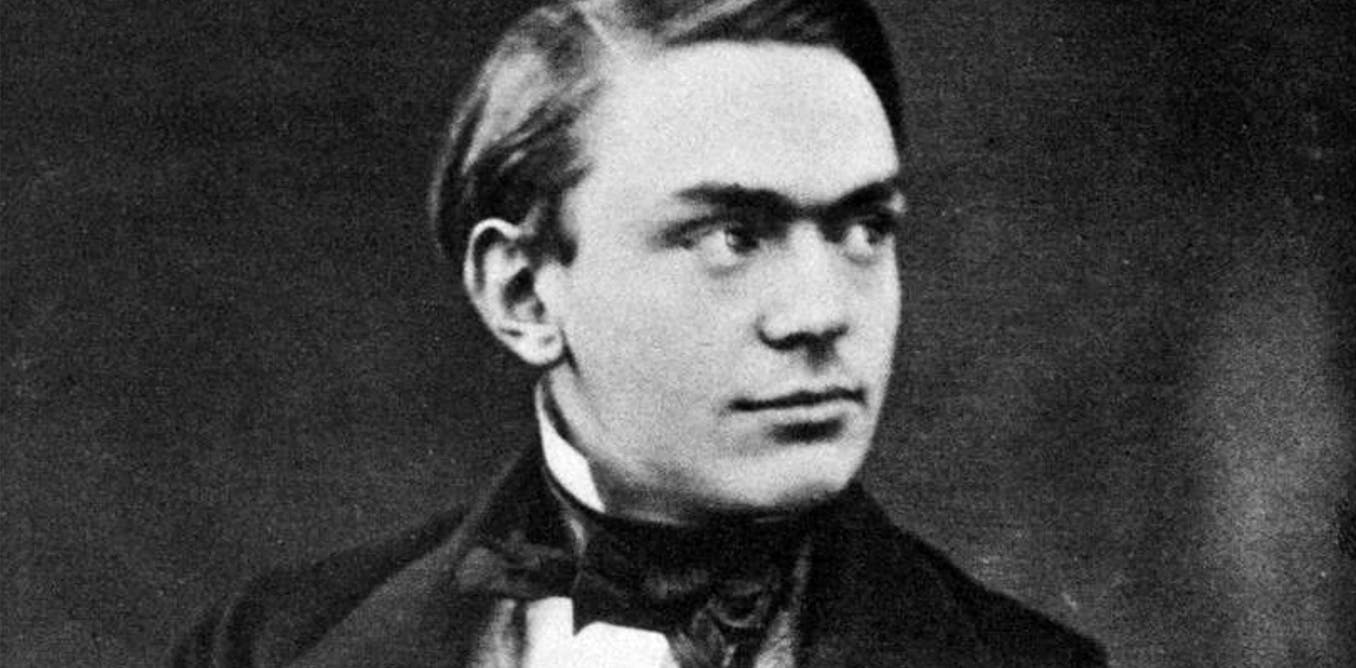In 1864, for example, Alfred’s younger brother Emil was killed in a nitroglycerin explosion at the family laboratory near Stockholm – after which the manufacture of nitroglycerin was banned in the city.
But this family tragedy didn’t distract Alfred from his goal. He continued to manufacture explosives – now at an industrial scale – at a factory in Vinterviken, Sweden. That factory was destroyed several times in accidents caused by the instability of nitroglycerin – killing numerous workers.
Although Nobel’s factory was undoubtedly a dangerous place to work, it also helped uncover the benefits of nitroglycerin as a cardiac drug.
Factory workers experienced changes to their health from exposure to nitroglycerin. The chemical has substantial physiological effects as a vasodilator that relaxes blood vessels to increase blood flow and oxygen to the heart.


